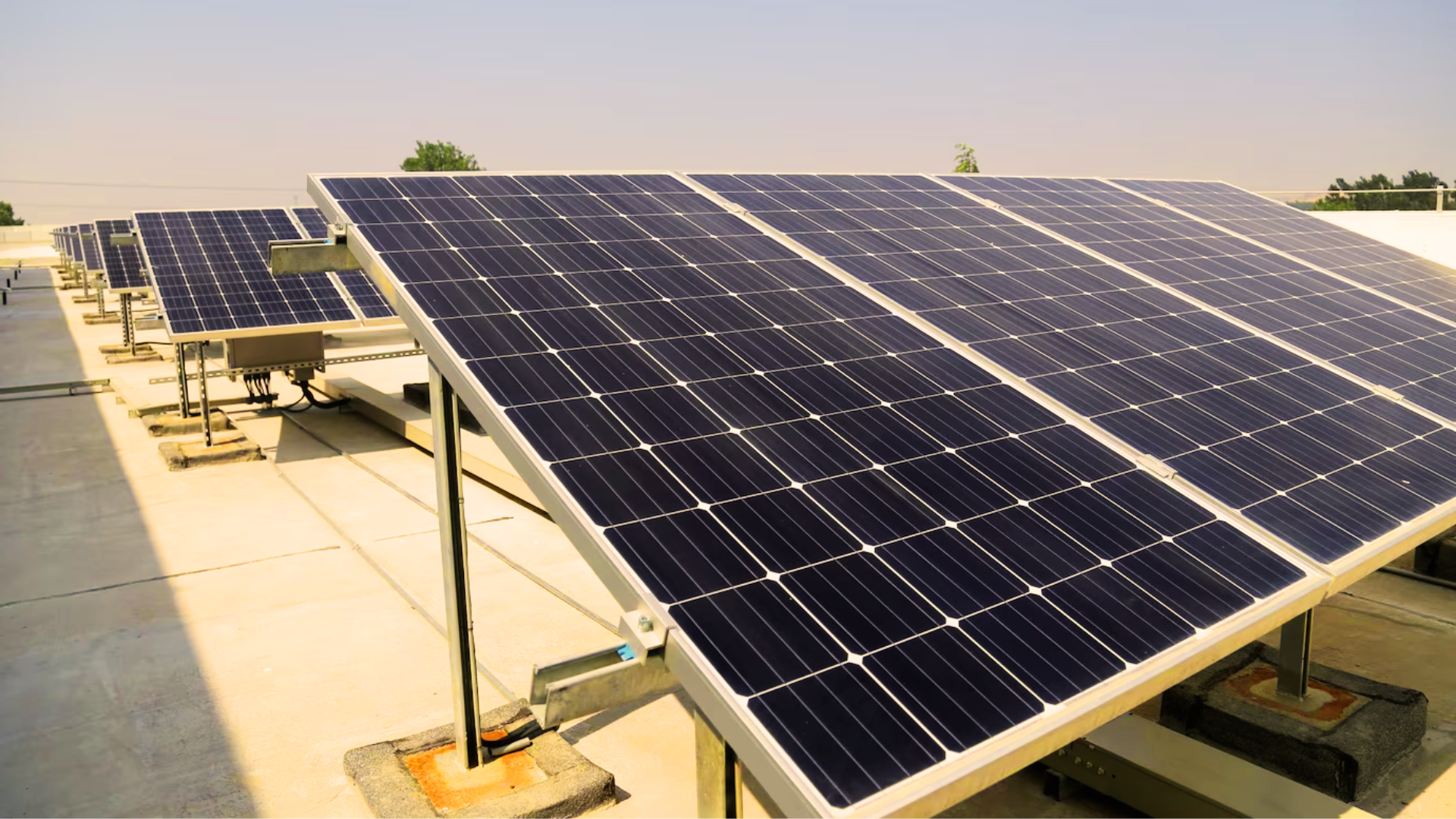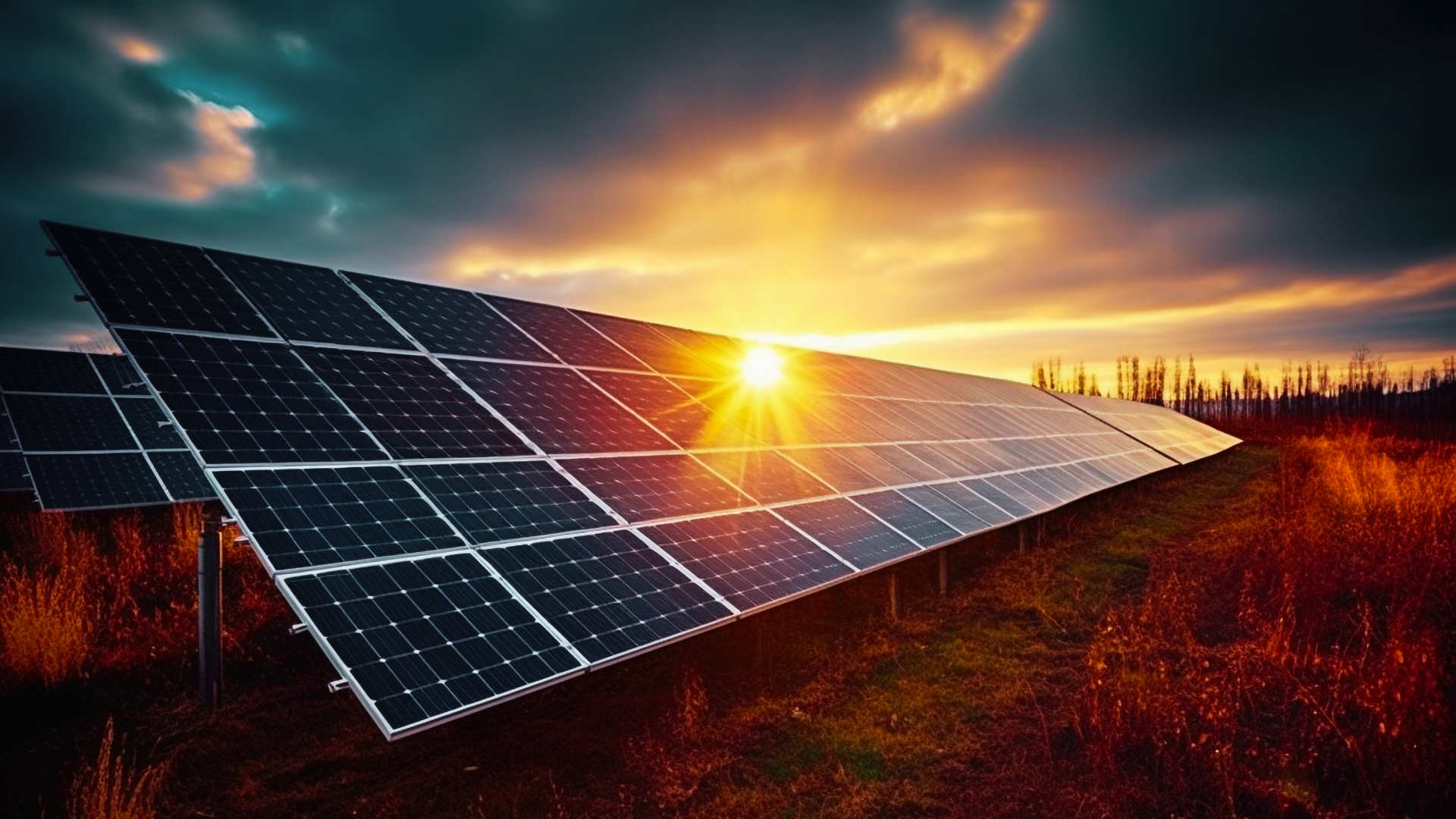India has been witnessing a quiet but powerful energy revolution. As solar panels pop up across rooftops and farmlands alike, renewable energy has become an essential part of our power ecosystem. Whether you’re a homeowner looking to cut electricity bills, a business owner aiming for green credentials, or a farmer seeking more reliable energy sources, solar power is now more accessible than ever.
But let’s be real — while the sun may shine for free, installing solar panels is not easy on the pockets. That’s where solar financing steps in, helping bridge the gap between your clean energy dreams and financial reality.
So, what are the different solar energy finance options in India? Let’s dive into the most practical ones — and how to choose the right one for your needs.
Why is it Advantageous to Invest in Solar Energy?
Before we explore financing routes, let’s quickly touch upon why solar power is worth investing in — beyond just saving on your electricity bill.
- Long-Term Cost Savings: Yes, there’s an upfront cost, but over time, you save significantly on power bills — especially with rising electricity costs.
- Government Incentives: Subsidies and net metering policies offered by both central and state governments make it easier to get the most out of solar rooftop installations.
- Low Maintenance Costs: Once installed, solar systems need very little upkeep. Just cleaning the panels regularly will keep the energy production at an optimum.
- Energy Independence: With your own solar setup, you’re less vulnerable to power cuts or price fluctuations.
- Green Impact: Installing solar isn’t just about savings — it’s also your contribution to reducing carbon emissions.
5 Solar Financing Options in India
When it comes to paying for solar installations, India has evolved from a cash-only mindset to a wide range of smart financing alternatives. Here’s a breakdown of the top solar financing options in India, with their benefits and use cases.
1. Pay Upfront (If You Can)
It may sound simple, but self-financing through cash still remains the most straightforward way to go solar. If you can afford the upfront cost — which can run into lakhs depending on the size — this option offers the highest long-term savings.
- No EMIs or interest burden
- Full ownership from day one
- Maximum return on investment over time
This option works well for homeowners or businesses with surplus funds and long-term sustainability goals. The downside is that for many, shelling out ₹3–₹6 lakhs (or more) upfront is a deal-breaker. That’s why other financing routes have grown in popularity.
2. Solar Loans from Financial Institutions
Rooftop solar installation loans from trusted banks or Non-Banking Financial Companies (NBFCs) are the most common and convenient financing solutions.
- Financing of up to ₹10 lakhs
- Less burden of the cost of installing solar power systems
- Flexible tenures of 12 to 60 months
- Quick approval process via the EFL Clik App
- Collateral-free for certain categories
This type of financing is best for MSMEs, residential setups, and even farmers who want to deploy solar power systems without major upfront investment.
3. Indian Government Schemes and Subsidies for Solar Projects
The Ministry of New and Renewable Energy (MNRE) within the government of India, under its rooftop solar programme, offers subsidies of up to 40% for residential customers. Also, state DISCOMs often have their own incentive structures.
- Significant cost reduction
- Promotes adoption in rural sectors
- Can be combined with loans to further ease affordability
It’s advisable to work with authorised vendors or EPC contractors who are familiar with the paperwork, as the process of availing subsidies can be time-consuming and documentation-heavy.
4. Solar Energy Leasing
In this model, a third-party company installs and owns the solar panel system on your premises, and you simply pay a monthly lease fee. You get to use the solar energy generated without owning the system itself.
- Zero upfront investment
- Maintenance is typically the responsibility of the solar leasing company
- Predictable monthly costs
This financing option works for businesses or institutions that want to cut energy costs but don’t want to handle ownership or maintenance. However, it comes with its own set of limitations, such as longer-term leasing contracts (often 10–25 years), no benefit from depreciation or government subsidies, and low availability for smaller MSMEs or residential users as yet.
5. Power Purchase Agreements (PPAs) for Large-Scale Rooftop Solar Projects
Think of this as “pay-as-you-use” solar power. Under a Power Purchase Agreement, a developer installs and maintains the solar system on your property, and you pay only for the power you consume — usually at a fixed rate lower than your utility tariff.
- No installation or capital cost
- Long-term energy savings
- Fully outsourced operation and maintenance
This option suits large commercial or industrial users and large residential complexes with significant rooftop space and steady power needs.
Choose the Right Type of Solar Energy Financing
Switching to solar energy isn’t just an environmental choice — it’s a smart move towards using green energy. And thanks to evolving solar financing in India, it’s now more accessible than ever.
And if you’re a small business owner or an MSME looking to get started, Electronica Finance Ltd. offers dedicated solar installation loans that can get your project up and running with minimal hassle and maximum flexibility.
Get a Solar Installation Loan Quickly! Apply now via the EFL Clik App.
FAQs
Can I get a subsidy for installing solar rooftop panels in India?
Yes. The MNRE provides subsidies of up to 40% for rooftop solar power systems under certain capacity limits. Some state DISCOMs also offer additional benefits for using solar power setups.
What is the interest rate for solar loans in India?
Interest rates vary by lender and profile, but NBFCs like Electronica Finance offer competitive solar loan rates tailored for small businesses.
Can I avail a solar loan for both residential and commercial purposes?
Yes, solar loans are available for both segments. EFL, for instance, finances solar loans for MSMEs, farmers, and commercial users.
What are the eligibility criteria for getting a solar loan in India?
Eligibility to get a loan to install and use solar energy panels typically includes KYC, business proof (if applicable), bank statements, and property documents. Terms may vary based on borrower profile and loan amount.
How do I choose the best solar financing option for my needs?
It depends on your upfront budget, willingness to own the system, available subsidies, and energy usage. Loans are great for ownership, while PPAs/leases suit those who prefer outsourced setups.




